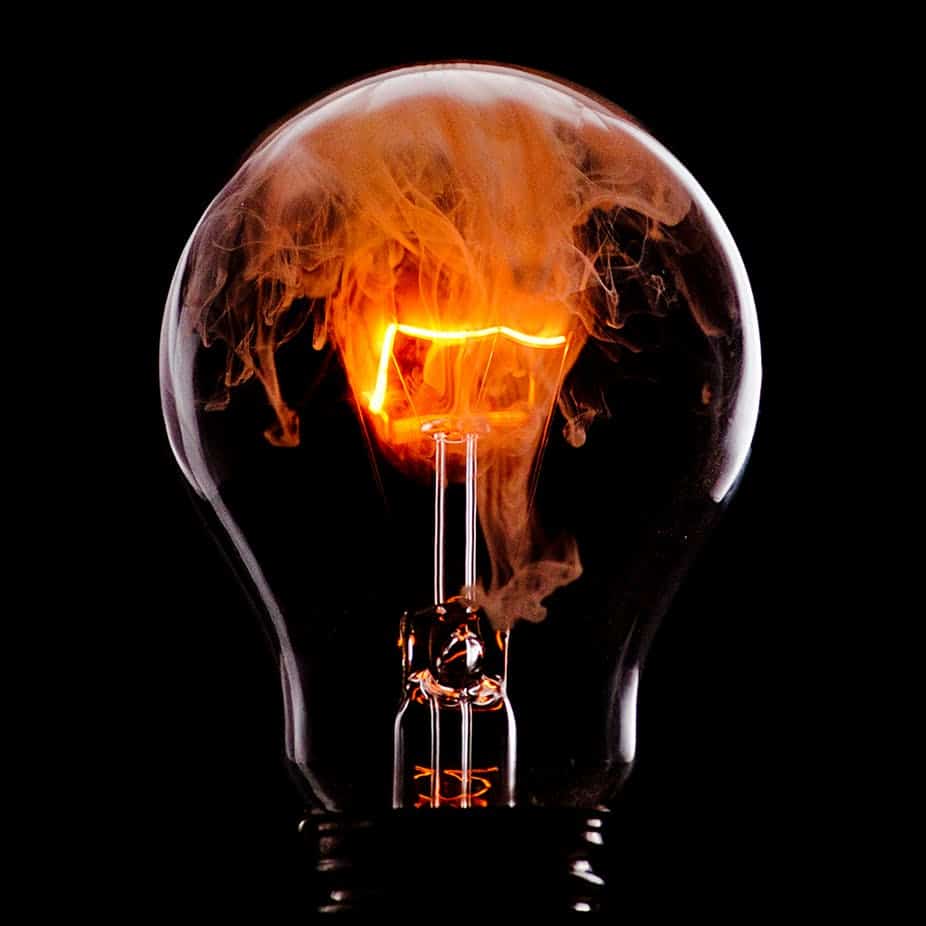Where were you on 9/11 2001?
A simple question. Such a distinct event in our lifetime. I am sure you remember it as vivid as I do. I was at home and watching television. While switching channels I ended up on CNN, right after the first tower was hit.
The interesting bit about this distinct memory though is, you (and I) are most certainly – wrong. You can not trust your own memory! And by doing that you may just learn something for your business along the way. So let me explain…
I have always been very interested in memory. At least since I have been exposed to a field where memory plays a very important role – law. More about that later.
So let’s go back to 9/11. A memory of an event like 9/11 is called a flashbulb memory: “Flashbulb Memories are memories for the circumstances in which one first learned of a very surprising and consequential (or emotionally arousing) event.” – as described here.
Events like the assassination of President John Kennedy, the landing on the moon or 9/11 are such public events that almost everybody can remember where they were. So psychologists started to do some research.
In 1977 Harvard researchers Roger Brown and James Kulik noticed that people seemed to have particularly vivid memories of where they were when they heard news that JFK had been shot. Researchers however have shown over the years that even flashbulb memories start to erode. However, people stay adamant about how complete and detailed their memory is.
So right after 9/11, William Hirst and Elisabeth Phelps and a larger group of researches started to gather a prestigious memory research project: 3000 people in 7 cities would be part of the largest flashbulb research project ever conducted. The result is published in the paper titled: “Long-term memory for the terrorist attack of September 11: Flashbulb memories, event memories, and the factors that influence their retention”.
The result, according to Hirst: “People began to tell what I would call a canonical story. The error they made at 11 months and the error they made at 35 months was the same.”
He further explains that “people tend to think that the way they felt about it at the time is the same way that they feel about it now. But their emotions have changed, so they make errors in their memory […] You put your present into the past.”
These results clearly show that we easily divert from our own memory and tend to be heavily influenced in what we ‘believe’ is our own memory from outside sources.
So why is this all so interesting to me?
In 2003 I helped my father in a very interesting murder case. The person convicted of murder has spent 2856 days behind bars, but was ultimately innocent. As a support staff of the defence I was present in the court room, sitting right next to the state prosecutor. I helped in the retrial 10 years after the original verdict, which ended in a complete 8:0 exoneration.
I was seeing first hand in front of me how witness after witness did not only believe that their memory was right, they could not believe their eyes when people showed them facts about how wrong they were. In the short time between the crime and the first trial people started to ‘slice’ their memory – to fit a narrative. To fit the suspect. To fit an overall approach.
People were wrong and they cost the innocent person 2865 days. You can read some English details on the story here, or review the German book here.
So next time you think you remember something correctly, ask yourself – if you want to trust your own brain that much?
Malcolm Gladwell has also done a fantastic podcast on this topic here: http://revisionisthistory.com/episodes/24-free-brian-williams
So what have I taken away from all this – as a marketer?
Again and again I meet marketers in the field who believe that they know ‘everything’ about their customer base. They build target audiences and do market research and believe that by experience they have learned everything there is to know about the individuals they are dealing with.
In my humble opinion: if you cannot even trust your own memory – assume that you need to continue to learn a lot about your business and your customer base as a marketer and keep testing and reinventing yourself, your brand and the methods you use.
As it turns out – the unknown space. The area of which I believe we know least about – e.g. the feelings and emotions of consumers – is an area in which Artificial Intelligence is going to open new ways to show us more about ourselves and our customers. More on that, in another blog…



